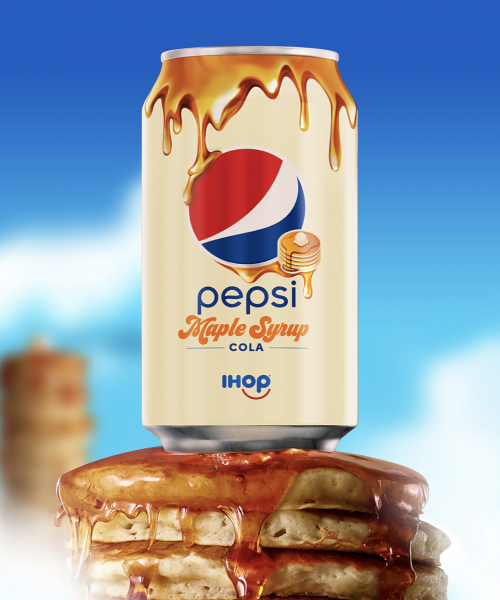By Jelisa Castrodale | FoodAndWine.Com
Troy Warren for CNT #Foodie
The federal agency is removing an outdated standard that’s been on the books for 72 years.
When Thursday’s issue of the Federal Register is published, it will include a notice from the Food and Drug Administration (FDA) which isn’t completely out of the ordinary. What is interesting is that this particular notice concerns the agency’s decision to, uh, revoke the standard of identity for French dressing.
The Association for Dressing and Sauces (ADS), an organization whose website says they represent “manufacturers of salad dressing, mayonnaise and condiment sauces and suppliers of raw materials, packaging and equipment to this segment of the food industry,” has spent several decades petitioning the FDA to deregulate French dressing and to loosen the standard of identity for the dressing that has been largely unchanged since the Truman administration.

“This action, in part, responds to a citizen petition submitted by the ADS,” the agency wrote. “We conclude that the standard of identity for French dressing no longer promotes honesty and fair dealing in the interest of consumers and revoking the standard could provide greater flexibility in the product’s manufacture, consistent with comparable, non-standardized foods available in the marketplace.”
In addition, the FDA determined that doing away with its French dressing standards could provide “the opportunity for innovation to manufacturers.” The standard, it decided, was both outdated and vague. “When the standard of identity was established in 1950, French dressing was one of three types of dressings we identified,” the FDA acknowledged. “We generally characterized the dressings as containing a fat ingredient, an acidifying ingredient, and seasoning ingredients. The French dressing standard allowed for certain flexibility in manufacturers’ choice of oil, acidifying ingredients, and seasoning ingredients. Tomatoes or tomato-derived ingredients were among the seasoning ingredients permitted, but not required.”
It also seems to have noticed that French dressing had already been changed by customer preferences, not by what it wrote over 70 years ago. For starters, everyone seems to expect that French dressing will contain tomatoes or “tomato-derived ingredients,” that it will be red or reddish-orange color, and that it will taste sweet. Those characteristics are what French dressing enthusiasts expect when they buy or order the dressing, even though they aren’t specified by the FDA. “[I]t appears that since the establishment of the standard of identity, French dressing has become a narrower category of products than prescribed by the standard,” the agency acknowledged.
The FDA also seems to have noticed that low-fat French dressing is a thing that exists — even though those products don’t meet the standard’s minimum amount of vegetable oil by weight. And, the agency added, it was “unaware of any evidence” that customers were duped or confused by what “fat-free” or “low-fat” meant when it came to French dressing.
This may be the FDA’s biggest hyper-specific food deregulation since it reconsidered frozen cherry pies in December 2020. Since 1977, there had been a standard of identity for frozen cherry pies which required that the dessert had to be at least 25 percent cherries by weight, and 85 percent of those cherries were required to be unblemished. Following a petition from the American Bakers Association (ABA), the FDA looked into the whole cherry pie situation, and determined that other kinds of cherry pies weren’t regulated, and there weren’t similar “unblemished” requirements for other fruit-based pies.
“We are not aware of any evidence suggesting that consumers have different expectations for unbaked, frozen cherry pies than for other cherry pies,” the FDA wrote. ” At the same time, no other cherry pies are subject to a standard of identity or a standard of quality, and we are aware of no evidence indicating that such standards are necessary to promote honesty and fair dealing in the interest of consumers or to ensure that those cherry pies meet consumer expectations.”


































